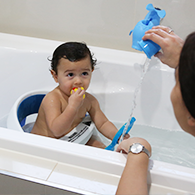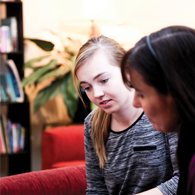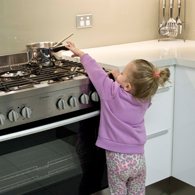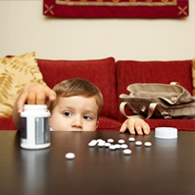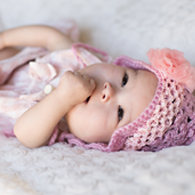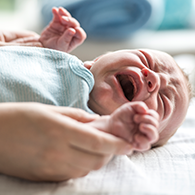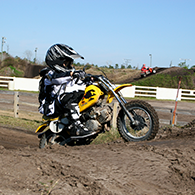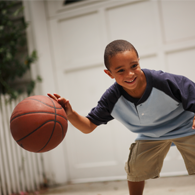Safe sleeping
Putting your baby to bed in a safe place and in a safe way will reduce their risk of sleeping accidents or Sudden Infant Death Syndrome (SIDS).
- Sudden Unexpected Death in Infancy (SUDI) is when a baby dies for no obvious reason. In most cases safe sleeping can reduce the risk of SUDI
- The risk of SUDI in babies over 6 months of age is very low
- SUDI includes SIDS and sleeping accidents
- Sometimes SUDI is because of a serious illness or a medical condition that the baby was born with.
1. Safe sleeping on their back from birth
- Healthy babies put to sleep on their backs are less likely to choke on vomit than tummy-sleeping babies
- Using sleep positioners and lifting the cot mattress up does not reduce reflux and is not safe
- Babies over 6 months of age can turn over and move around the cot while sleeping. Put them on their back when they first go to sleep but let them find their own sleeping position.
2. Keep your baby’s head and face uncovered during sleep
- Tuck your baby in securely so they can’t slip under any loose bedding
- Quilts, doonas, pillows, soft toys and cot bumpers should not be in your baby’s bed in their first year
- You can instead use a safe baby sleeping bag, which has a fitted neck, armholes and no hood, to keep your baby warm.
3. Keep your baby’s environment smoke free, before and after birth, especially in the house
- The risk of SUDI increases if parents smoke during pregnancy and after birth
Don’t smoke in your car if your baby is with you. It is not healthy for them and it’s against the law in Australia.
4. Safe sleeping environment night & day
- Use a cot that meets Australian Standard AS2172
- Use a firm, flat mattress that fits the cot, leaving no gaps at the edges.
5. Breastfeed your baby
- Research shows that breastfeeding your baby more than halves their chance of dying from SUDI
- The longer you breastfeed, the better protection you give your baby
- If you can’t breastfeed, it’s important to follow the other safe sleeping recommendations to keep your baby safe.
6. Bed-sharing and co-sleeping
- The risk of SUDI is increased if a baby is taken into an adult bed, shares a sofa or couch with an adult during sleep or a parent falling asleep with a baby on their chest
- Co-sleeping is not recommended as it increases the risk of SUDI. It is even more dangerous if you smoke, drink alcohol, or take drugs or medication.
- It is safest to sleep your baby in a cot next to your bed for the first 6 to 12 months.
- Never share a sleep surface with your baby if either parent is under the influence of alcohol, drugs or is overly tired. This can increase the risk of injury and even death.
Safety tips if you choose to bed-share or co-sleep:
Baby
- Sleep your baby on their back
- Sleep your baby beside you and not in between adults
- Make sure your baby has free movement, or use an arms out sleeping bag
- Don’t put your baby close to the edge of the bed where they can fall off
- If teething necklaces are used, remove them before sleep.
Bedding
- Lightweight blanket for adults
- Bulky bedding and pillows are away from your baby.
Environment
- Consider putting the mattress on the floor
- Bed is in the middle of the room and not against the wall
- Don’t have any pets near your baby
- Make sure your baby is never left alone on a lounge or bed.
Teething necklaces
Amber teething necklaces and bracelets have been found to break into small parts and can be a choking risk to children. There is not a lot of evidence to show they reduce teething pain. If you choose to use them, always remove the necklace or bracelet when your baby is alone, including at sleep times.
Tummy time
Give your baby time on their tummy every day from birth. Stay close to your baby to turn them back over when they get upset. Your baby may not be able to stay on their tummy for long in the beginning, but they will get used to it with time. Tummy time helps your baby’s brain and muscle development and prevents your baby from getting a flat spot on their head. Babies should not be put to bed on their tummy.
Bouncers, swings, prams and car seats
Putting your baby to sleep on an incline may cause their head to flex forward and block their airway. This can happen in bouncers, swings, prams and car seats, especially if babies have been left in the semi-reclined position for a long time. Once the car trip is over, remove babies from car seats and capsules, even if it means waking them.
More information on how to reduce the risk of SUDI and putting your baby to sleep safely is available at rednose.org.au

